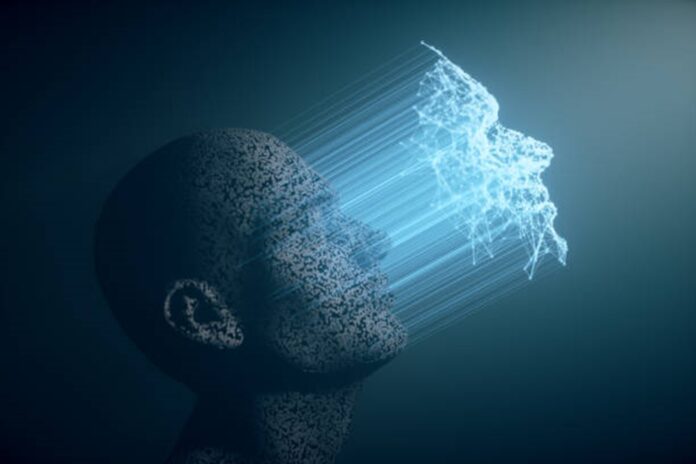Machine learning facial recognition has revolutionized how we interact with our surroundings. This technology is becoming ubiquitous in our day-to-day lives, from unlocking smartphones to authenticating identities at airports. The hospitality sector has profited greatly from this technology. The hospitality industry is thriving lately because people seek any respite they can get post covid.
The hotel sector peaked in 2019 with a market value of $1.52 trillion. Success in the hospitality industry depends on providing exceptional service to customers. Machine learning facial recognition has made this task much easier for hoteliers and restaurant owners. This technology allows hotels and restaurants to personalize their services to individual guests. It includes everything from recognizing a guest when they arrive at the hotel and greeting them by name to providing customized recommendations based on their past visits.
Table of Contents
Enhancing Security in Machine Learning Facial Recognition
Security is a top priority for any hotel or restaurant, and deep learning facial recognition technology is helping to take security to the next level. Using this cutting-edge technology, hotels and restaurants can monitor their premises in real-time and identify potential security risks. If an unauthorized person tries to enter a restricted area of a hotel or restaurant, machine learning facial recognition system can quickly identify the individual and alert security personnel in real time, preventing any potential breaches.
The technology can also detect any suspicious behavior, enabling security teams to take necessary actions to prevent any incidents. This technology promotes the establishment’s overall safety while also enhancing security. By identifying potential threats before they become an issue, hotels and restaurants can provide their guests peace of mind and ensure their well-being.
Improving Operational Efficiency
Another way facial recognition machine learning impacts the hospitality industry is by improving the efficiency of operations. For instance, ordering in restaurants can be made simpler with the use of this technology. The restaurant can automatically retrieve their order history and preferences by recognising a customer’s face. As a result, making the whole process smoother and more convenient for customers.
Fast Paced Process
The hospitality industry has always been about providing exceptional customer service. And machine learning facial recognition technology is helping hotels take that experience to the next level. Arriving at a hotel after a long journey only to be met with a line of people waiting to check in can be frustrating for people. But with the help of this cutting-edge technology, hotels can speed up the check-in and check-out process and eliminate the need for manual verification.
Guests can simply look into a camera, and their identity can be instantly verified. In addition to saving time, this also gets rid of the inconvenience of standing in long lines for manual verification. Thanks to this new technology, hotels can now offer a better, quicker, and more seamless client experience. And let’s face it, time is an invaluable commodity in the modern world. So, anything that can save guests time and make their lives easier is a welcome addition to the hospitality industry. By implementing machine learning facial recognition technology, hotels can improve their efficiency, streamline their operations, and ultimately provide their guests with a better overall experience.
Privacy Concerns
One potential drawback of machine learning facial recognition technology is concerns over privacy. Many individuals find it unsettling to think their faces would be scanned and kept in a database. In order to mitigate this risk, hotels and restaurants must be transparent about how they are using this technology and ensure that they are only acquiring the information that is necessary. Overall, the impact of machine learning facial recognition online on the hospitality industry has been overwhelmingly positive. This technology has enabled hotels and restaurants to provide personalized service, improve security, and increase efficiency.
Human Element
However, it is vital to remember that technology is not a panacea. Machine learning facial recognition can enhance customer service, but it cannot take the place of human interaction. Personalized service is more than just recognizing a guest’s face, it is about understanding their needs and preferences and providing exceptional service. Hotels and restaurants must continue to prioritize the human element of their operations while incorporating machine learning facial recognition technology to enhance their service.
Conclusion
In conclusion, face recognition online has significantly impacted the hospitality industry. It has enabled hotels and restaurants to provide personalized service, improve security, and increase efficiency. As this technology develops, we anticipate seeing even more cutting-edge applications for machine learning face recognition in the hotel sector. While there are concerns over privacy, as long as hotels and restaurants are transparent about how they use this technology, the benefits of machine learning facial recognition in the hospitality industry far outweigh the drawbacks.
